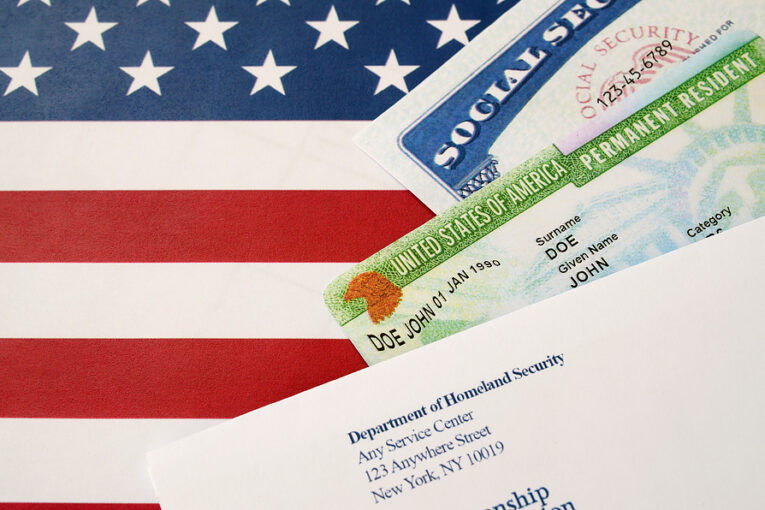
Renting out a property on Airbnb in Kenya may seem like an attractive opportunity for extra income. However, potential hosts should consider the numerous challenges and risks involved. This blog will explore 12 common problems associated with Airbnb in Kenya, as well as the limitations imposed by insurance and the legal risks that can arise.
1. Regulatory Challenges
One of the most significant issues with Airbnb in Kenya is the regulatory environment. Local authorities often impose strict regulations on short-term rentals, which may include licensing requirements and zoning restrictions. Failure to comply with these regulations can result in fines or even the forced closure of your rental property.
2. Damage to Property
Renting out a home on Airbnb can lead to damage caused by guests. Despite the platform’s security measures, properties can be subjected to excessive wear and tear, vandalism, or even theft. Many hosts find themselves facing unexpected repair costs, which can quickly erode any profits made from renting.
3. Negative Impact on Neighbors
Airbnb in Kenya can create tensions with neighbors. Frequent guest turnover may lead to noise complaints and disturbances. This can sour relationships with those living nearby, resulting in complaints to local authorities and further complications for the host.
4. Unpredictable Income
The income generated from Airbnb rentals can be unpredictable. Seasonal fluctuations in tourism can lead to periods of low occupancy, making it challenging to rely on this income source consistently. Hosts may find themselves in a position where they must cover mortgage or utility payments without sufficient rental income.

5. Insurance Limitations
Many standard home insurance policies do not cover damages or liability claims arising from short-term rentals. Hosts may discover that their insurance does not protect them in the event of a guest-related incident, such as property damage or personal injury. Additional insurance tailored for short-term rentals may be necessary, adding to overall costs.
6. Legal Risks and Liabilities
Renting out a home on Airbnb exposes hosts to various legal risks. Guests may file lawsuits for accidents or injuries that occur on the property. In some cases, local laws may require hosts to carry specific insurance or adhere to safety regulations, failing which they may face legal repercussions.
7. Trust Issues with Guests
Trusting strangers with your property can be challenging. Despite Airbnb’s screening processes, hosts may still encounter problematic guests who may not respect the property or its rules. Such issues can lead to confrontations and disputes, which can be time-consuming and stressful.
8. Time-Consuming Management
Managing an Airbnb property can be time-consuming. From cleaning and maintenance to guest communication and bookings, the workload can quickly accumulate. Many hosts find that the effort required to manage their property detracts from other personal or professional pursuits.
9. Fluctuating Market Conditions
The Airbnb market in Kenya can be highly volatile. Economic factors, such as fluctuations in tourism and competition from hotels and other rentals, can greatly influence rental prices and occupancy rates. Hosts may find themselves struggling to adapt to these changes, leading to financial strain.
10. Potential for Regulatory Changes
As the popularity of Airbnb in Kenya grows, so too does the likelihood of regulatory changes. New laws may be introduced that affect short-term rentals, potentially increasing costs or imposing additional restrictions on hosts. Staying informed about these developments can be challenging, but it is essential for anyone considering renting out their property.
11. Negative Reviews and Reputation Damage
Guest reviews play a significant role in the success of Airbnb rentals. A few negative reviews can severely damage a host’s reputation, making it difficult to attract future guests. Misunderstandings and unrealistic expectations can lead to poor reviews, which can impact long-term income potential.
12. Emotional Toll
Lastly, the emotional toll of managing an Airbnb property should not be overlooked. Dealing with difficult guests, unexpected problems, and the stress of maintaining a rental can lead to burnout. Many hosts find that the pressure of running an Airbnb detracts from the joy of property ownership.
Weighing the Risks of Airbnb in Kenya
In summary, renting out a property on Airbnb in Kenya may not be the best choice for everyone. The various challenges—ranging from regulatory hurdles and potential damage to legal liabilities and unpredictable income—should be carefully considered. While the idea of earning extra income may be appealing, the risks associated with Airbnb in Kenya can far outweigh the potential benefits.
For those contemplating this venture, thorough research and a careful evaluation of the challenges are crucial. Ultimately, understanding the complexities involved will allow homeowners to make informed decisions regarding their properties.





